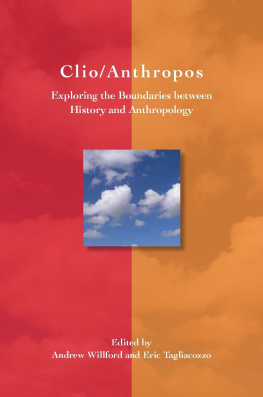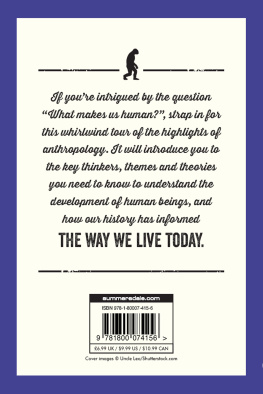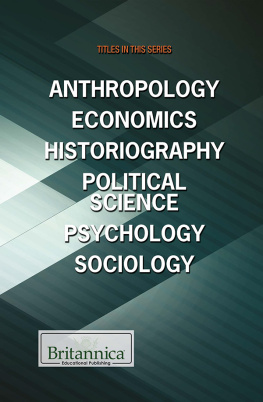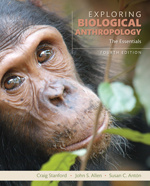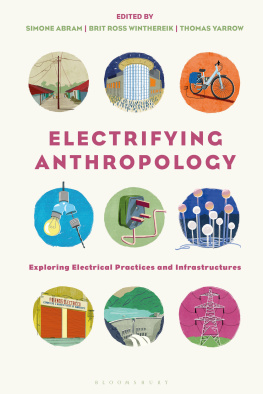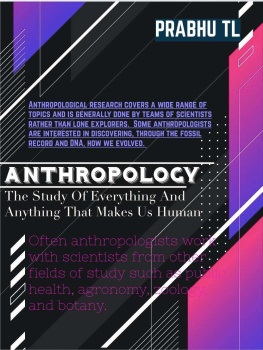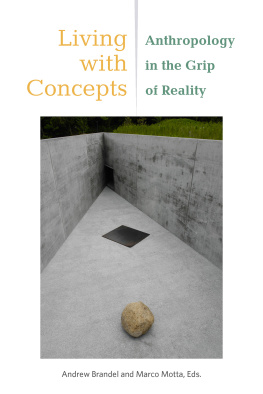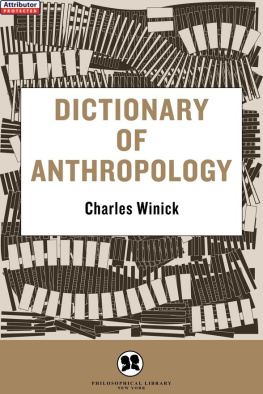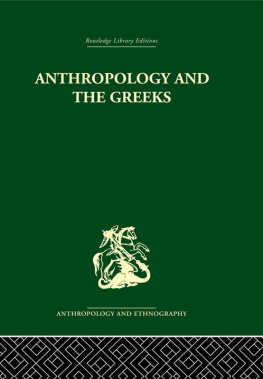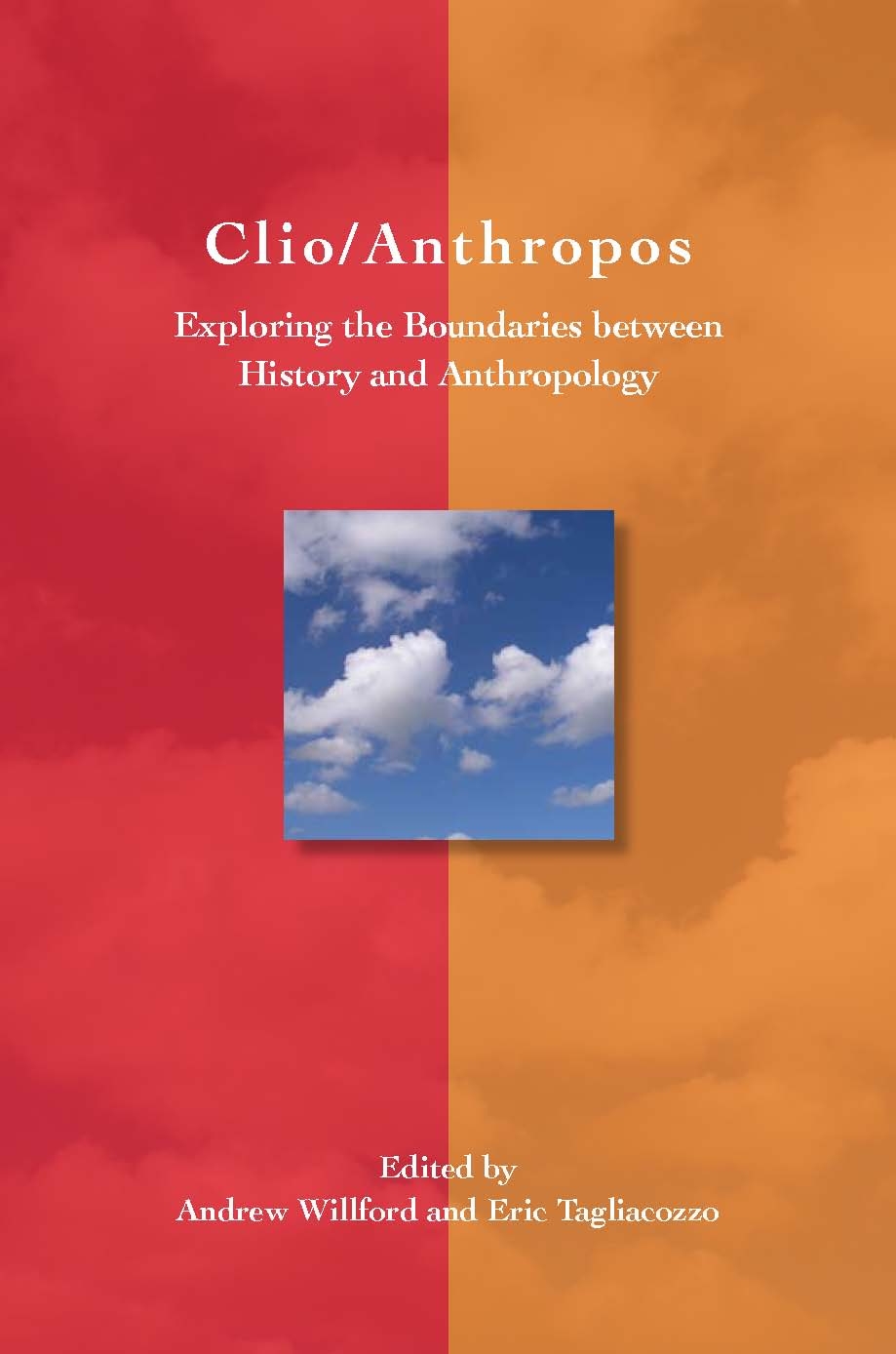We are delighted that this book is appearing in print after what seems like a long time since its inception. The impetus for the volume came through a small workshop organized on this topic at Cornell University. Seven of the essays appearing here originally came to us through this venue; we are grateful to Patricia Spyer for presenting her ideas at the workshop, though her essay did not appear in the final volume. Danilyn Rutherford stepped in with a contribution that admirably filled this void, so we were delighted to be able to welcome her into the fold. Noa Vaisman was a terrific student-helper for the workshop, and we thank her profusely, as we thank Margaret Rolfe, Barb Donell, and Bonnie Blanding-May, who helped with various organizational matters. Our colleagues in history and anthropology, Sandra Greene, Tamara Loos, Jane Fajans, Terry Turner, and David Holmberg, also agreed to act as discussants during the workshop, for which we thank them very much. Finally, we wish to thank the many funding bodies at Cornellthe East Asia Program, the Southeast Asia Program, the South Asia Program, the Einaudi Center, the Society for the Humanities, and the departments of history and anthropology, all of whom supplied funds so that the workshop could happen. It would not have occurred without these generous grants.
We wish to thank Muriel Bell, Jennifer Hel, and Joa Suorez at Stanford University Press for their patient editorial and organizational efforts. Working with them was a great pleasure, and we think they have made the book better through their interventions. Jane Ferguson and Tom Patton helped us to prepare the manuscript for publication. We wish to thank Rosalind Morris for reading the entire manuscript. Her generous advice and masterful critique proved invaluable. We also thank the anonymous referees for the press who encouraged us in their rigorous and insightful reviews. They helped us to sharpen and tighten the project while also helping us to see which critical questions could be extended. Finally, our greatest debts are to our families: Vasantha, Rabin, and Anisha, and Kathy, Clara, and Luca, who sustained us through the long editorial process and into publication. We hope this book will suggest not only the breaking of some old paradigms, but the creation of some new ones as well. If the book makes that contribution to our respective literatures and to knowledge in general, we will be very glad indeed.
Contributors
David Arnold is professor of Asian and global history at the University of Warwick, United Kingdom, and formerly professor at the University of London / SOAS. A founding member of Subaltern Studies, he has published extensively on the history of modern India, including medical and environmental history and the history of science and technology. Publications include Colonizing the Body: State Medicine and Epidemic Disease in Nineteenth-Century India (University of California Press, 1993), Gandhi (Longman, 2001), and The Tropics and the Traveling Gaze: India, Landscape, and Science, 18001856 (University of Washington Press, 2006). His current research is on everyday technology in Monsoon Asia, 18801960.
David William Cohen is Lemuel A. Johnson Collegiate Professor of African Anthropology and History at the University of Michigan. He has been working within and studying the intersections of anthropology and history for more than four decades. He has written extensively on both precolonial and recent African history and more generally on the production of history. Among his publications are Womunafus Bunafu (Princeton University Press, 1977) and The Combing of History (University of Chicago Press, 1994) and, with coauthor E. S. Atieno Odhiambo, Siaya: The Historical Anthropology of an African Landscape (Ohio University Press, 1989), Burying SM: The Politics of Knowledge and the Sociology of Power in Africa (Heinemann, 1992), and The Risks of Knowledge (Ohio University Press, 2004). He has led several interdisciplinary projects, including the Program in Atlantic History, Culture and Society at Johns Hopkins University; the Program of African Studies at Northwestern University; and the International Institute and the Doctoral Program in Anthropology and History at the University of Michigan.
Prasenjit Duara is director of research in humanities and social sciences at the National University of Singapore. He is also emeritus professor of history at the University of Chicago. He is the author of several books on Chinese and East Asian history, including Culture, Power and the State: Rural North China, 19001942 (Stanford University Press, 1991), which won the Fairbank Prize of the American Historical Association and the Levenson Prize of the Association for Asian Studies; Rescuing History from the Nation (University of Chicago Press, 1995); and Sovereignty and Authenticity: Manchukuo and the East Asian Modern (Rowman and Littlefield, 2004). His work has been widely translated into Chinese, Korean, and Japanese.
Claudio Lomnitz works on culture and politics in Mexico and the Americas. He is William H. Ransford Professor of Anthropology at Columbia University, where he is director of the Center for the Study of Ethnicity and Race, and he is the editor of the journal Public Culture . His books include Evolucin de una sociedad rural (Fondo de Cultura Econmica, 1982); Exits from the Labyrinth: Culture and Ideology in Mexican National Space (University of California Press, 1992); Modernidad Indiana: Nacin y mediacin en Mxico (Planeta, 1999); Deep Mexico, Silent Mexico: An Anthropology of Nationalism (University of Minnesota Press, 2001); and, most recently, Death and the Idea of Mexico (Zone Books, 2005).
Viranjini Munasinghe is associate professor of anthropology and director of the Asian American Studies Program at Cornell University. Her previous research focused on the relation between ethnicity and nationalism and the symbolics of moral and cultural orthodoxies governing the politics of exclusion in nation-building projects. Presently, her research attempts to theorize between the specifics of her New World empirical field location and the epistemologies and methodologies governing the discipline of anthropology itself, especially in relation to its master trope, culture and its conventions of evidence. Her book Callaloo or Tossed Salad? East Indians and the Cultural Politics of Identity in Trinidad (Cornell University Press, 2001) won the Association for Asian American Studies Social Science Book Award.
Danilyn Rutherford is an associate professor in the Department of Anthropology at the University of Chicago. Her research focuses on West Papua, a territory that covers the western half of New Guinea. Her essays on Christianity, kinship, dance, and money have appeared in Public Culture , American Ethnologist , Cultural Anthropology, Ethnos , JRAI , Indonesia , and elsewhere. She is the author of Raiding the Land of the Foreigners: The Limits of the Nation on an Indonesian Frontier (Princeton University Press, 2003). She is currently completing a second book on colonialism, nationalism, and the idea of an audience and beginning a project on sympathy, technology, and state-building.
Eric Tagliacozzo is associate professor of history at Cornell University, where he teaches Southeast Asian Studies. He is the author of Secret Trades, Porous Borders: Smuggling and States Along a Southeast Asian Frontier, 18651915 (Yale University Press, 2005), which won the Harry J. Benda Prize from the Association of Asian Studies in 2007. He is also the editor or co-editor of three books: Southeast Asia and the Middle East: Islam, Movement, and the Longue Dure (Stanford University Press, 2009); The Indonesia Reader: History, Culture, Politics (Duke University Press, 2009); and Chinese Circulations: Capital, Commodities, and Merchants in Southeast Asia (Duke University Press, forthcoming 2010). His next monograph, The Longest Journey: Southeast Asians and the Pilgrimage to Mecca , will be published by Oxford University Press.

